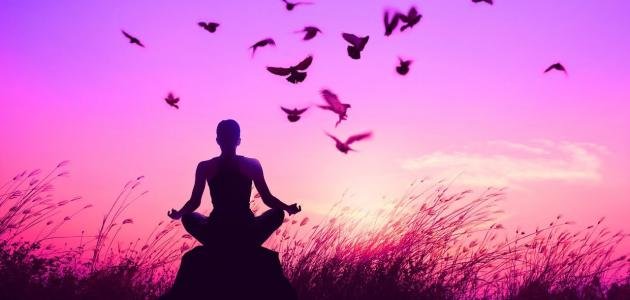The basics and techniques of relaxation art

Relax
Relaxation in psychology, is the emotional state in which the organism is low-stress,characterized by a lack of excitement that can lead to anxiety, fear or anger and tension, and the Oxford Dictionary indicates that relaxation occurs when the mind and body become free from all forms of anxiety, and is also a form of simple euphoria that comes from the lobe Frontal brain, this is done by sending the back cortex of the brain signals to the anterior cortex in the form of a mild sedative, relaxation can be achieved through the basics and techniques of relaxation art that depend on meditation, muscle relaxation and other techniques, and relaxation improves the handling of stress and stress which is the main cause of mental and physical problems.
The basics and techniques of relaxation art
Psychologists, psychiatrists or complementary health professionals can teach the individual the basics and techniques of relaxation art, and it is possible for an individual to learn some of these methods himself without anyone's help, and relaxation methods aim to increase the individual's self-awareness and good focus, and here are the basics and techniques of the art of relaxation
Automatic relaxation
The source of spontaneous relaxation is from within the individual, depends on the use of visual imagination and body awareness to control and reduce stress, and depends mainly on the frequency of words in the mind and the goal of repeating these words is to reach relaxation and relieve muscle tension, for example to imagine the person himself in a safe place and then focus on breathing normally and calmly and reducing heart rate.
Progressive muscle relaxation
This method depends on a group of muscles of the body, where the individual tightens the muscles of his body and then relaxes slowly, and the individual through this method can notice the difference between the tension of the muscles of the body and relax, and becomes more aware of the sensations related to the body, and from the methods of gradual muscle relaxation, the person tightens and relaxes the muscles starting from the toes and gradually climbs until it reaches the neck and head, and it is possible to start with the head and neck and fall to the toes, this method depends on tightening the muscles of the body for five seconds, then relax it For thirty seconds, then repeat it again.
Visual imagination
This method is based on creating mental images to go on a walk to a quiet and comfortable place, and through visual imagination the individual can integrate the senses with each other, it is possible to combine the sense of smell with sight, touch and smell, and use these senses to think about the smell of salt water, the sound of crashing sea waves, and the heat of the sun on the body for example.[2]
Benefits of relaxation
Relaxation not only leads to normal sleep, but goes beyond that to achieve many other benefits that have a significant impact on an individual's mental health and life stability and eliminates anxiety and stress and the benefits of relaxation
Relaxation enhances an individual's self-confidence and reduces self-blame, as many individuals blame themselves for anxiety and stress. Relaxation is a good and effective way for an individual to gain the ability to overcome the problems of everyday life.
By relaxing, you can control yourself, and feel general comfort as a result of the disappearance of anxiety and stress.
Relaxation helps control and minimize anxiety, and it has been observed that panic and anxiety are lower than in people who relax.
Relaxation reconstructs vital processes in the body, treating all forms of muscle and psychological tension, and helps reduce the effects of nervous tension in all organs of the body.
Relaxation reduces the feeling of insomnia and stress, and makes the individual sleep comfortably. Relaxation increases an individual's energy and enhances his or her production.
Relaxation enhances the strength of memory and increases the individual's ability to concentrate,creating creativity.